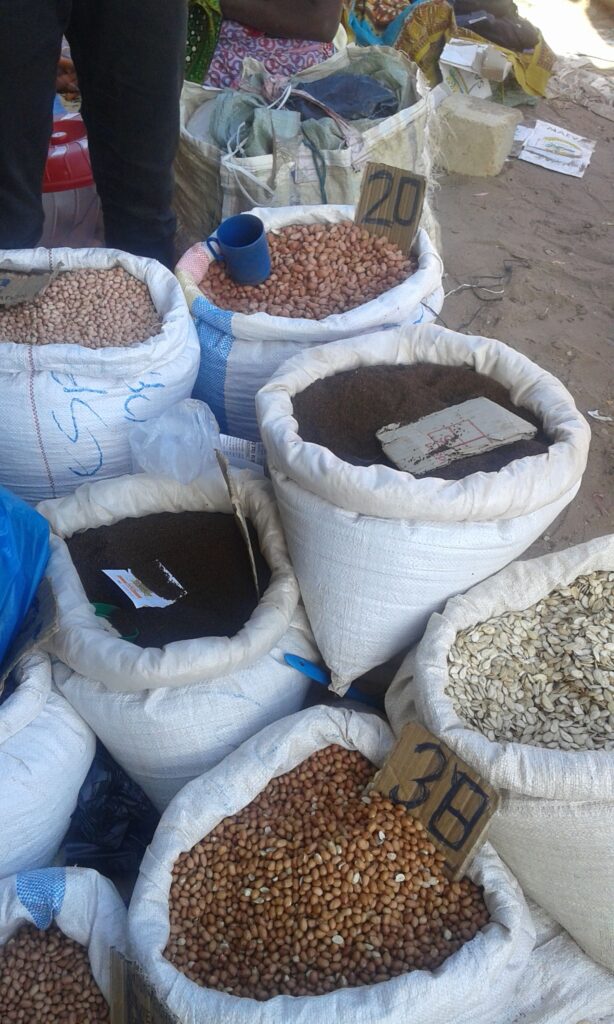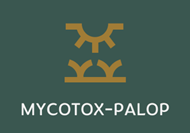MYCOTOX-PALOP

Multi-actor partnership for the risk assessment of mycotoxins along the food chain in African Portuguese-speaking countries (PALOP)
Mycotoxins are toxic metabolites produced by moulds that frequently contaminate food and feed worldwide, being significant contributors to food losses in developing countries. Even so, mycotoxins are generally neglected as a major public health concern. The health impact of mycotoxin exposure is grossly underreported in Angola (AN) and Mozambique (MZ), due to the lack of coordinated monitoring and medical surveillance, and their control is inadequately addressed. Due to inherent climatic, agricultural and political conditions, these countries are subjected to major food security issues, which could be partially mitigated by increasing the awareness to crop losses due to fungal and mycotoxin contamination.
Aims of the project:
- To increase awareness on food security problems due to fungal contamination of crops
- to provide knowledge and education on mitigation actions for fungal losses of crops through means of safe and efficient pre- and post-harvest intervention strategies
- to provide knowledge and education on mitigation actions for mycotoxin contamination of foods for children and adults through means of safe and efficient post-harvest intervention strategies
- to establish intervention strategies to reduce the human exposure to mycotoxins and their negative health impacts
- to promote sustainable and long-term impacts of the project’s results through education and training at both popular and technical levels
- to promote the adoption of integrated and complementary actions and policies, promote networking, dialogue and coordination between the Food and Nutritional Security Council of the Community of Portuguese Speaking Countries (CONSAN-CPLP) with other Community coordinating bodies and structures, in a way of contributing to the eradication of hunger and poverty by strengthening coordination between countries and improving the governance policies of food and nutritional security programmes.
Due to its strong training and dissemination tasks, this project finally aims at contributing to long-term benefits for citizens, economy and society, as it meets important Development Goals set by the UN 2030 Agenda for Sustainable Development, in particular Goal 2 “End hunger, achieve food security and improved nutrition, and promote sustainable agriculture”.

